Business
‘We’re recovering full cost on imports’ — NNPC says no subsidy on petrol
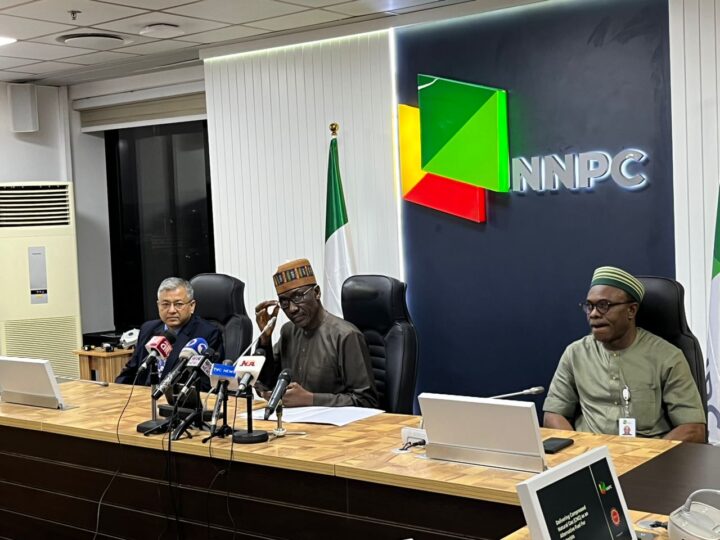
The federal government says it is not paying any form of subsidy on petroleum motor spirit (PMS), also known as petrol.
Mele Kyari, group chief executive officer (GCEO) of the Nigerian National Petroleum Company (NNPC) Limited, spoke to journalists on Monday, in Aso Rock.
He said the national oil company was recovering its full cost from imported products.
“No subsidy whatsoever. We are recovering our full cost from the products that we import. We sell to the market,” Kyari said.
“We understand why marketers are unable to import. We hope that they begin to do so very quickly and these are some of the interventions government is making. There is no subsidy.”
REASONS FOR QUEUES IN SOME FILLING STATIONS
Kyari said recent pockets of queues witnessed across some states were caused by bad roads, forcing transporters to divert the product to alternative routes.
“We have seen in very few states pockets of very low queues. This is not unconnected with the road situation and that is why we are seeing some blockades on our roads,” he said.
“Moving the products from the southern depots into the northern part of the country takes them much longer time now than it used to.
“They have to re-route their trucks around many locations for them to be able to reach their destinations and that created delays and some supply gaps. But, that has been filled and we do not see any of such problems again.
“Secondly, because of the full deregulation that we have in this sector, marketers are now competing amongst themselves “.
The NNPC GCEO also said some of the queues were due to some customers’ preference for filling stations with low prices.
“You must have noticed that some fuel stations will reduce their prices by N2 or N3. So customers will naturally run to the places where you have that reduction in prices and probably create panic,” he said.
“This is because those who don’t know why they are doing it will think that there’s something happening or that there’s an ominous sign of scarcity.”
The NNPC boss said there are over 1.4 billion litres of petrol available for local consumption, adding that there is no cause for alarm.
“There are few issues we’re engaging them to resolve, alongside other agencies of government, particularly critical issues around access to foreign exchange,” he said.
“And as you all know, government is doing so much to ensure supply of forex into the market.
“We know that this FX markets will stabilise, the current I&E window is around 770.”
Kyari said the inputs from the government would soon crystalise and “they will come to an equilibrium position in the FX market”.
Business
Ghana’s inflation rises to 23.8% — highest in eight months
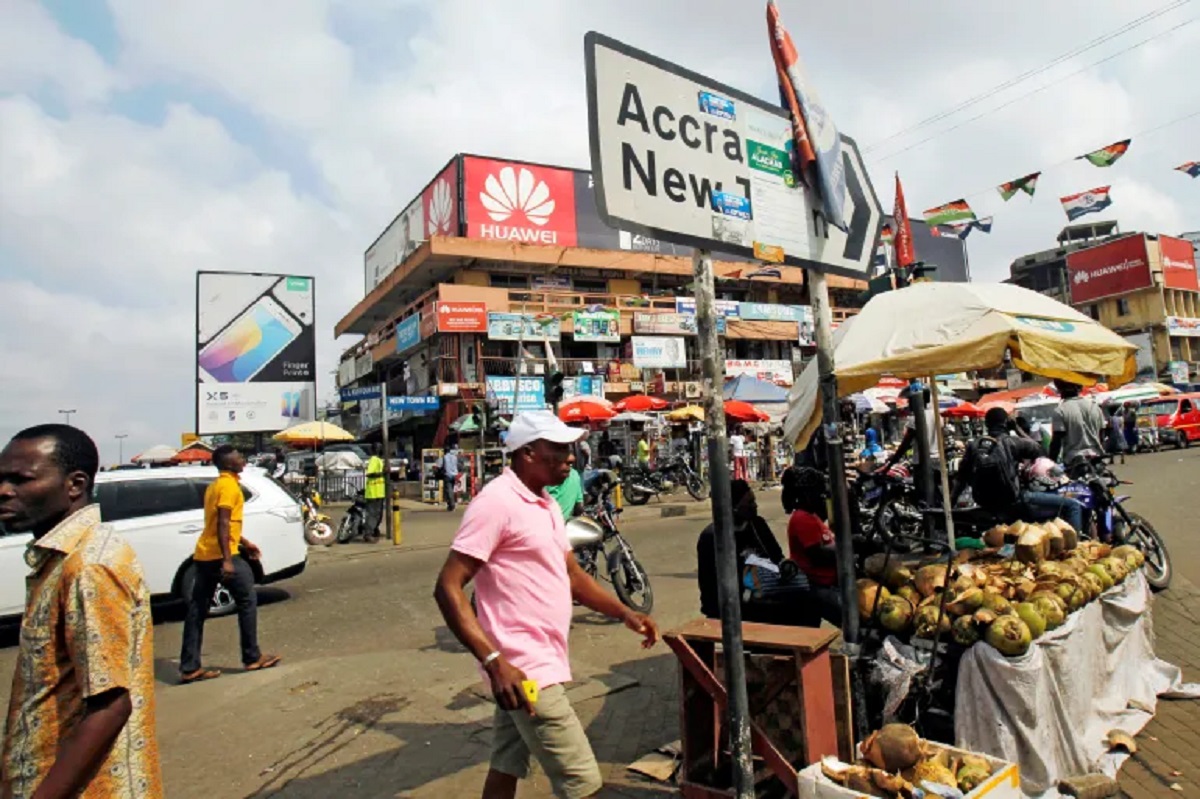
Ghana’s consumer inflation rate rose for the fourth consecutive month to 23.8 percent in December 2024.
Samuel Kobina Annim, government statistician at the Ghana Statistical Service (GSS), announced the figure to journalists in Accra on Wednesday.
Ghana’s inflation rate started rising in September last year, when it rose to 21.5 percent, then climbed further to 22.1 percent in October and 23 percent in November.
Annim said the inflation rate recorded at the end of last year was the highest in eight months.
“The rate of inflation… is the third highest in the last 13 months and highest in the last eight months,” Annim said.
Also, food inflation saw a significant jump, rising from 25.9 percent in November to 27.8 percent in December.
Annim attributed the increase to the contributions from specific food items, such as yams, showing drastic year-on-year price hikes of 63.3 percent.
He also highlighted the need for a dual approach to tackling inflation, addressing both monetary and real-sector issues.
“We do emphasise that there are two perspectives in addressing inflation. One is the monetary side… and the other is the real side, with what we’ve seen with food inflation, more particularly the food that we consume, that are locally produced,” he added.
Annim urged policymakers to focus on production, value chains, transportation, warehousing, and reducing post-harvest losses to stabilise food prices.
“Policymakers put in diverse interventions, rather than focusing on, let’s say, only exchange rate or focusing on just some selected items that do not cover the variety of food items that influence food prices,” he said.
Business
Governor Sanwo-olu signs N3.366trn 2025 budget
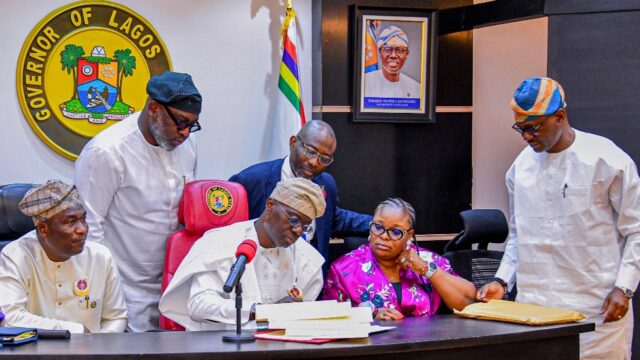
Lagos State Governor, Babajide Sanwo-Olu, on Thursday, signed the 2025 appropriation bill into law.
The Special Adviser on Media and Publicity to the Governor, Gboyega Akosile, made this known in a post on his X handle.
He said the budget size is N3.366 trillion meant for the continuation of the great works of the Sanwo-Olu administration.
Business
Italy extends work visa for skilled workers for 2025
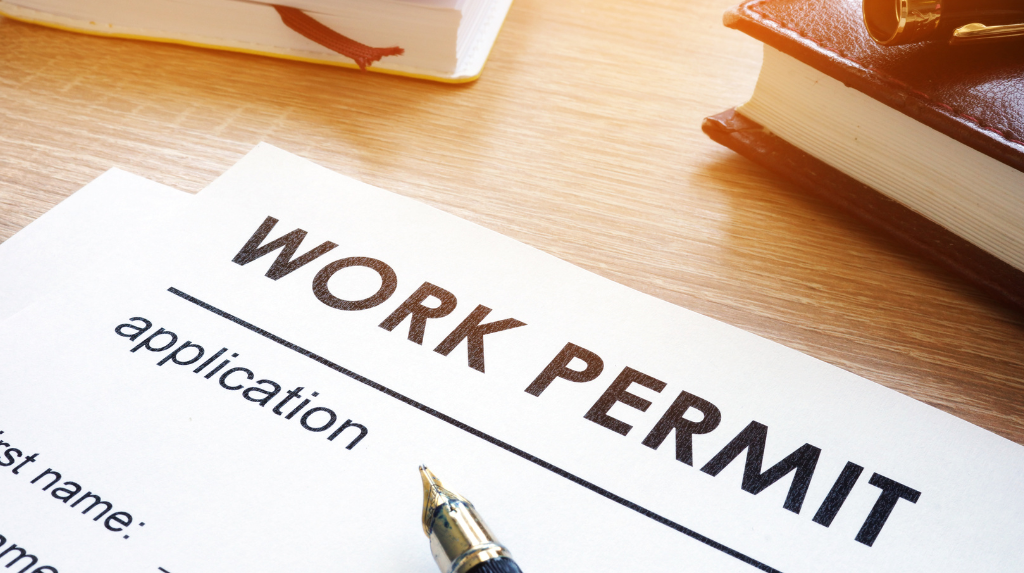
Italy is taking steps to address its significant shortage of skilled workers by keeping its Work Visa for Highly Qualified Workers program open for 2025.
The country, which is known for its rich culture, food, and history, has faced increasing demand in sectors such as IT, healthcare, and green energy.
These industries are crucial to Italy’s economic growth, and the government is working to meet these demands by attracting foreign talent.
Italy is making considerable efforts to improve its labour market by introducing a series of policy changes to simplify the visa application process, DAAD Scholarship reports. The country’s Work Visa program is designed to bridge the gap between the available talent and the growing need for highly skilled workers.
Italy’s work visa aims to address skill shortages
The Work Visa for Highly Qualified Workers aims to address the skill shortages in key sectors, including information and communication technology (ICT), healthcare, and renewable energy. By opening its doors to foreign professionals, Italy hopes to fill critical positions that are difficult to staff with local workers.
This program is expected to boost the economy by bringing in skilled professionals who can contribute to sectors vital to Italy’s long-term economic stability.
The visa allows skilled workers to live and work in Italy while helping the country meet its industrial needs. In 2025, the visa is seen as a way to attract experts from around the world who can fill gaps in sectors where there is a high demand for specialized knowledge and experience.
Key changes to Italy’s work visa policies for 2025
Significant changes have been made to the Italian Work Visa policies to streamline the application process and ensure faster processing times. One of the major updates is the increase in quotas for non-EU workers.
- Last year, the Italian government raised the quota for work permits from 151,000 to 165,000. This adjustment reflects the increasing need for foreign workers across multiple sectors.
- Another notable change is the introduction of digital processes to simplify the visa application. By March 2024, the Italian government implemented digital contracts and the use of certified email (PEC), which have reduced the need for in-person visits to immigration offices.
- In July 2024, Italy also revised its EU Blue Card requirements, lowering the minimum work contract duration from 12 months to six months. Additionally, the salary threshold was adjusted to fall between 1 and 1.6 times the average gross salary in Italy.
The introduction of sector-specific permits for healthcare roles also occurred in October 2024. An additional 10,000 permits were introduced for family and social healthcare assistance positions to meet the growing demand in the healthcare sector.
Streamlined application process for 2025 work visa
The new application process for the Work Visa for Highly Qualified Workers in 2025 is designed to be faster and more accessible. The digital system allows employers to pre-fill applications for their workers, saving time and reducing paperwork.
The application process is simplified, with designated “click days” for submission, including February 5th, 7th, and 12th, 2025, depending on the applicant’s category, reports inform.
Once an application is submitted, both the employer and the applicant will be notified of the decision within a specified timeframe. Digital contracts and integration agreements also reduce the need for physical paperwork, further speeding up the process.
High-demand sectors for Italy’s work visa program
The Italian Work Visa for Highly Qualified Workers targets skilled professionals in several key sectors. These include:
- ICT: Software developers, data analysts, AI specialists, and cybersecurity experts are highly sought after.
- Healthcare: Nurses, physiotherapists, caregivers, and healthcare assistants are in demand.
- Green Energy: Engineers focused on renewable energy are needed to help Italy meet sustainability goals.
- Construction: Skilled laborers, engineers, and project managers are sought to address Italy’s infrastructure needs.
- Hospitality: Chefs, hotel managers, and tourism professionals are needed to support Italy’s vibrant tourism industry.
Where to find jobs with visa sponsorship in Italy
For those looking to apply for the Work Visa for Highly Qualified Workers, several job portals can help candidates find employment in Italy. Some popular websites where job seekers can find roles with visa sponsorship include:
The program offers a valuable opportunity for professionals in high-demand sectors to contribute to Italy’s economy and enjoy living in one of Europe’s most attractive countries.
-
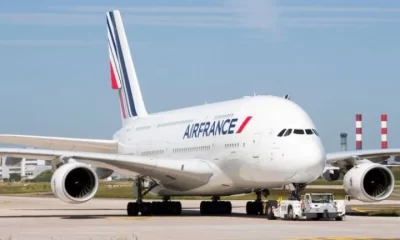
 Business1 week ago
Business1 week agoAir France deboards French national in Abuja airport for unruly behaviour
-
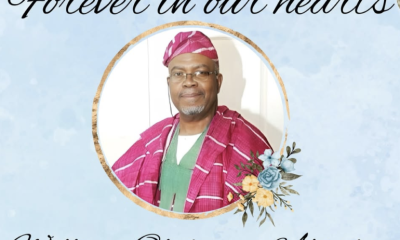
 Entertainment1 week ago
Entertainment1 week agoLala Akindoju loses dad
-
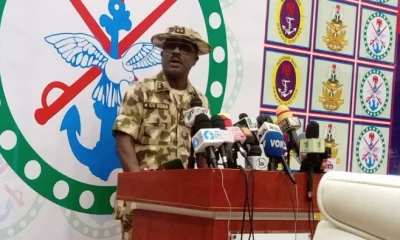
 News1 week ago
News1 week ago‘He’s a dead man walking’ — military threatens to eliminate Bello Turji
-
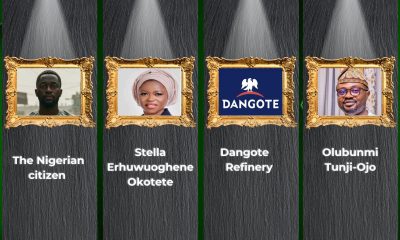
 News1 week ago
News1 week agoCelebrating Excellence in Nigeria: The Icons of Resilience, Leadership, and Innovation in 2024!
-

 News1 week ago
News1 week agoLagos state government to probe DJ Kulet’s husband over child molestation allegations
-
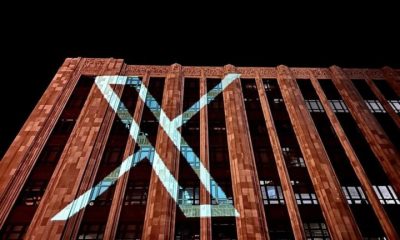
 Business1 week ago
Business1 week agoX to launch payment system this year
-
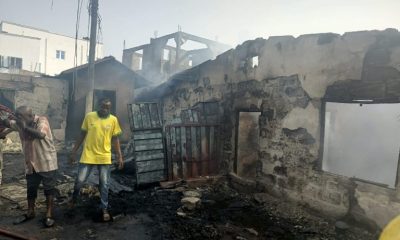
 News1 week ago
News1 week agoFire razes police station, three buildings in Lagos
-
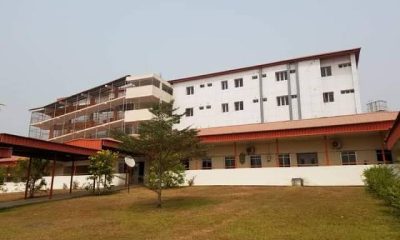
 News1 week ago
News1 week agoUNIMEDTH resident doctors in Ondo begin indefinite strike over poor conditions of service


















